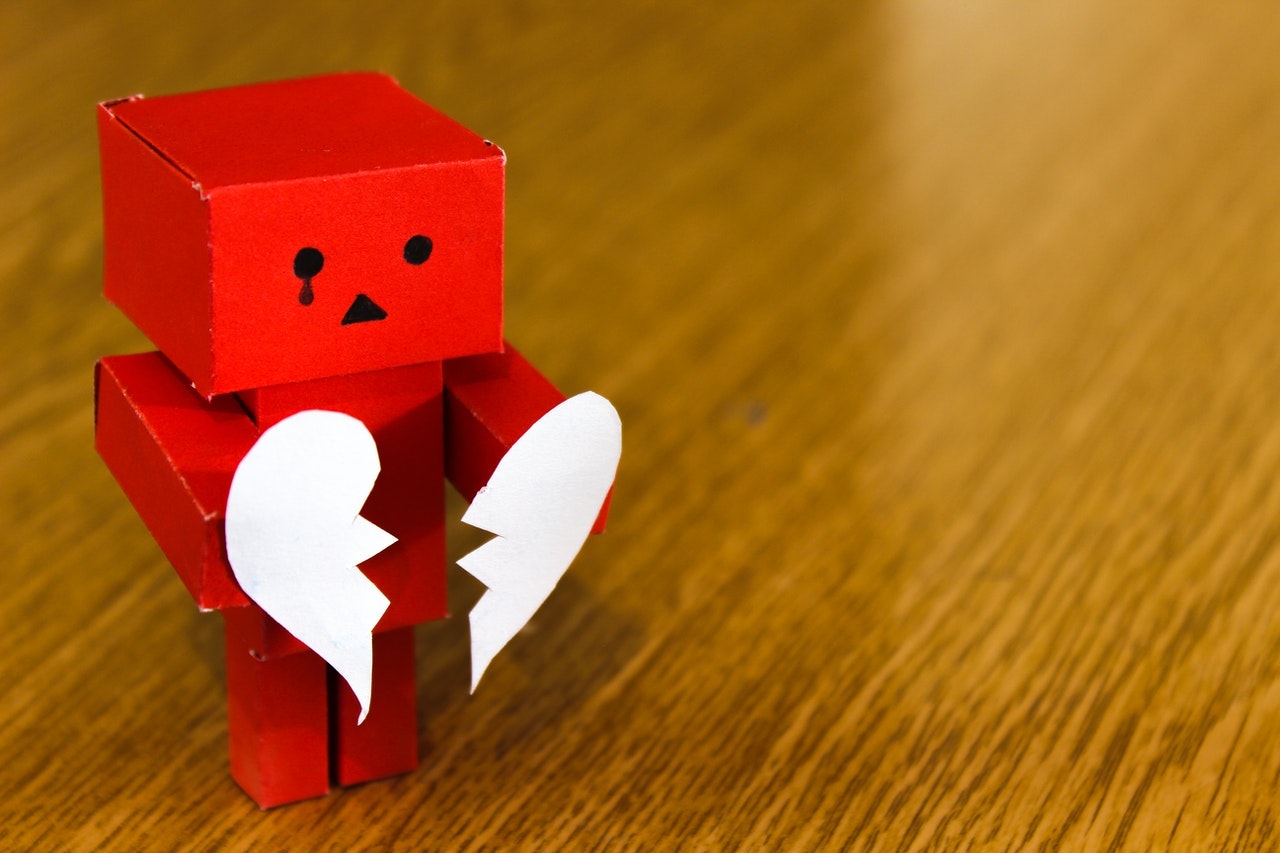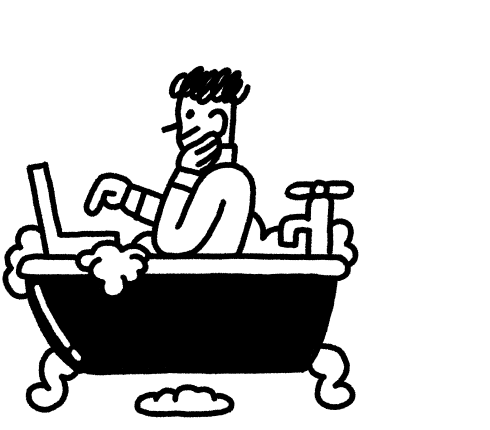The advantage of the emotions is that they lead us astray, and the advantage of science is that it is not emotional. – Oscar Wilde
When Irish poet and playwright Oscar Wilde penned these words in 1891, he was most certainly not referring to ecommerce.
But who would’ve guessed that it’d be on-the-nose applicable?
Selecting a product to sell is one of the first and most crucial steps of setting up a dropshipping store.
With so many products to choose from, the process can be overwhelming.
And that’s why one of the filters many first-time ecommerce entrepreneurs apply is personal interest.
But they’ll soon realize, as their emotions get in the way, that it may not have been the best approach.
In this article, we’ll explore why and provide tips on how to keep your emotions at bay when selecting products.

Don’t wait for someone else to do it. Hire yourself and start calling the shots.
Get Started FreeThe Disadvantage of Getting Emotionally Attached to a Product

Selling a product you’re passionate about sure has its benefits. Presumably, you understand the product, its market, and its target audience (or it may even be you) to a large extent.
This may seem like a good starting point. After all, having a personal interest in a product should be validation enough, right?
Not necessarily. And pro dropshipper Ryan Carroll will be the first to tell you so.
As a newbie dropshipper, Ryan fell victim to emotional attachment when he came across a product he was convinced would be a big hit.
Thrilled at the find, he started running ads for it. Days went by and… nothing.
Refusing to let up and still feeling particularly excited and optimistic, Ryan let the ads run – even though they weren’t bringing in any sales.
“I just was very, very hopeful that one day these ad sets would pick up,” says Ryan.
They never did.
Ryan lost $5,000 in just three months – a substantial amount of money for any new dropshipper.
Today, Ryan has it down as one of his biggest dropshipping fails and looking back, he knows where he went wrong.
“I should have learned from my mistake early on, killed the ad sets, and just moved on to a new product,” says Ryan.
Two Ways To Avoid Being Emotionally Attached To a Product
Ryan wasn’t the first and certainly won’t be the last to fall into this trap.
Many successful entrepreneurs we’ve spoken to have all gone down this same road. But they’ve also learned from it and some now have implemented methods to avoid slipping down the rabbit hole again.
Here are two proven strategies that veteran ecommerce merchants swear by.
1. Look at What the Numbers Are Telling You

Follow the money.
That’s the recommended approach of serial entrepreneur Cole Turner.
Cole’s the proud founder of a chain of successful ecommerce stores, the latest of which has generated $2.1 million in sales in just 1.5 years.
And he wouldn’t have gotten there if he’d let his personal interests get in the way of business.
Cole’s method is numbers-based. Instead of selling what he’s passionate about, he listens to his data and goes to where there’s potential.
Or in his own spin, “I’m passionate about money, that’s the only thing I’m passionate about.”
And if you’re thinking that a lack of interest in a product may lead to your inability to sell it well, Cole is walking evidence of that not being true.
The key is to be objective. Instead of being passionate about the product itself, your passion should lie in understanding the product, which will spur you to market it and sell it well.
Find what other people are passionate about and sell that. – Cole Turner
2. Build Systems and Always Be Testing Products
Another way to avoid emotional attachment is to nip it in the bud by having systems in place to streamline your product research and selection early on.
This is the tried-and-tested approach of dropshipping duo Shishir and Namrata.
Like Cole’s method, building systems allows you to look at products objectively. Above all, it’s a quick way to uncover winning products and discard unfeasible ones.
That’s because systems act as trigger points that tell you when it’s time to put the brakes on a product and when to pivot to another.
Having systems is beneficial in more ways than one. Quick decision-making aside, it also saves you the money you’d otherwise be spending on futile ads. Plus, it’ll also help you dodge the snowball effects of stress, panic, and loss in focus, which are detrimental to both your health and that of your business.

On top of systems, Shishir and Namrata also recommend to never stop testing products.
This doesn’t just apply to first-time dropshippers but also to those who have experience and are more mature in the business.
You cannot get emotionally attached to one product. – Shishir Nigam
By constantly testing products, you’re guaranteed to always have new products to fall back on if and when existing ones start to underperform.
“Otherwise, you’re always hoping for the one product and once it goes away after three months, you’re back to square one,” says Shishir.
Conclusion
Emotions are a double-edged sword. Beautiful at times, they’re also pretty tricky.
When they get in the way of business, it can be hard to fight, which leads to inefficiency and wasted resources.
But by applying the above two methods, you’re on your way to sidelining it and one step closer to dropshipping success.




